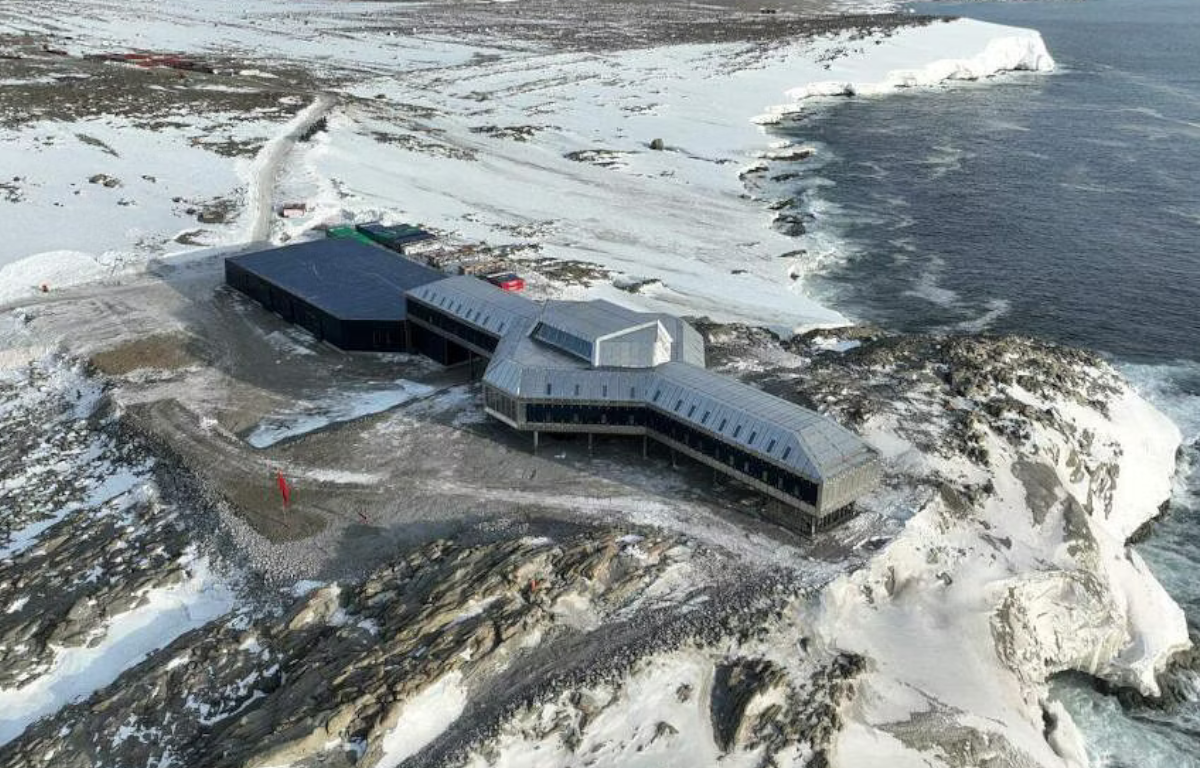
The deployment underscores evolving geopolitical strategies and the increasing focus on strategic locations in maritime regions.
The revelation of US Army Special Forces on outlying islands signals a calculated move by the United States to enhance its military presence in key areas. These islands, often situated in strategic maritime locations, offer several advantages, including proximity to potential hotspots, access to critical sea lanes, and the ability to project power in the region.
The deployment of Special Forces signifies a nuanced approach to military strategy, emphasizing agility, rapid response capabilities, and the ability to operate in diverse environments. Special Forces units are known for their specialized training, adaptability, and proficiency in conducting unconventional warfare, counterinsurgency operations, and other high-stakes missions.
This development has implications for regional security dynamics, as it introduces a new element of military presence and capabilities in areas that were previously less fortified. The presence of US Army Special Forces on outlying islands could influence the balance of power, deter potential threats, and shape responses to emerging security challenges in the region.
The decision to deploy Special Forces to outlying islands reflects broader strategic considerations, including the need to counterbalance rival military activities, safeguard critical assets and interests, and maintain a robust defense posture in maritime domains. It also underscores the United States’ commitment to upholding international norms, ensuring freedom of navigation, and preserving stability in vital sea lanes.
Moreover, the confirmation of US Army Special Forces on outlying islands raises questions about the potential for enhanced military cooperation with regional partners, intelligence-sharing arrangements, and joint exercises aimed at strengthening collective security mechanisms. These developments could contribute to greater interoperability, information exchange, and coordinated responses to shared security challenges.
As the geopolitical landscape continues to evolve, the presence of US Army Special Forces on outlying islands is likely to be closely monitored by stakeholders, including neighboring countries, allies, and strategic competitors. It highlights the strategic calculus of military positioning, the prioritization of key strategic locations, and the evolving nature of modern warfare in maritime environments.










Share this: